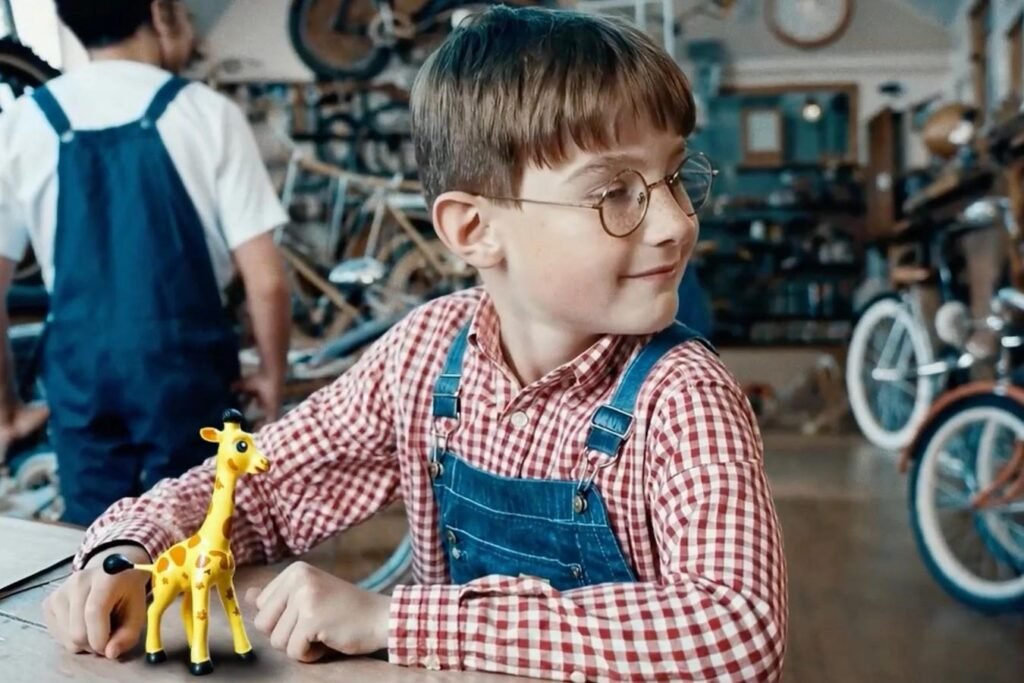Toys “R” Us has faced backlash online after releasing an ad created with OpenAI’s new video generation tool, Sora, which has not yet been released to the public. AI enthusiasts have been experimenting with other available video generators, such as Luma Labs Dream Machine, animating iconic memes into surreal clips. The technology has stirred controversy, with critics mocking the uncanny output of generative AI.
The ad depicts Toys “R” Us founder Charles Lazarus being inspired to create the brand after experiencing a vivid dream. While AI enthusiasts were excited to see AI being used for commercial purposes, critics found the output repulsive. The ad highlights the capabilities of AI-generated video, along with its weaknesses, such as struggles in generating consistent character models. The footage chosen for the final edit features young Charles shapeshifting and has been compared to a figure from a “weird dream.”
The AI-generated footage is riddled with errors that reveal the lack of human touch behind the work. Clues such as half-melting bicycles and distorted toys on shelves showcase the machine’s limitations. Generative AI is facing increased scrutiny due to its impact on the power grid and the devaluation of human creative expression. Proponents of AI-generated video must prove that the technology is worth the cost, as the output has been unintentionally unsettling, perceived as cheap and disrespectful to artists.
Critics expressed despair at generative AI being used to target children, suggesting that young minds deserve art created by human hands. The backlash to the AI-generated ad was coupled with Amazon announcing a new Winnie-the-Pooh series created using AI for production efficiency. The series has faced criticism for using AI to cut costs, unlike Disney, which did a stellar job adapting A.A. Milne’s books with care. The automation of art through generative AI is leading to spam flooding the internet and careless content aimed at children, prompting growing backlash.
In a press release, Kim Miller Olko, the Toys “R” Us Global Chief Marketing Officer and President of Toys “R” Us Studios, defended the ad as an innovation that honors Charles Lazarus’ legacy. The brand aims to connect with consumers in unexpected ways, capturing nostalgic feelings for Toys “R” Us kids of all ages. The use of AI to sell products and create content for children has sparked outrage among commentators, who argue that young minds deserve art created by humans. The backlash against the AI-generated ad is part of a larger trend of automation in art production, which is devaluing human creativity and flooding the internet with low-quality content.

